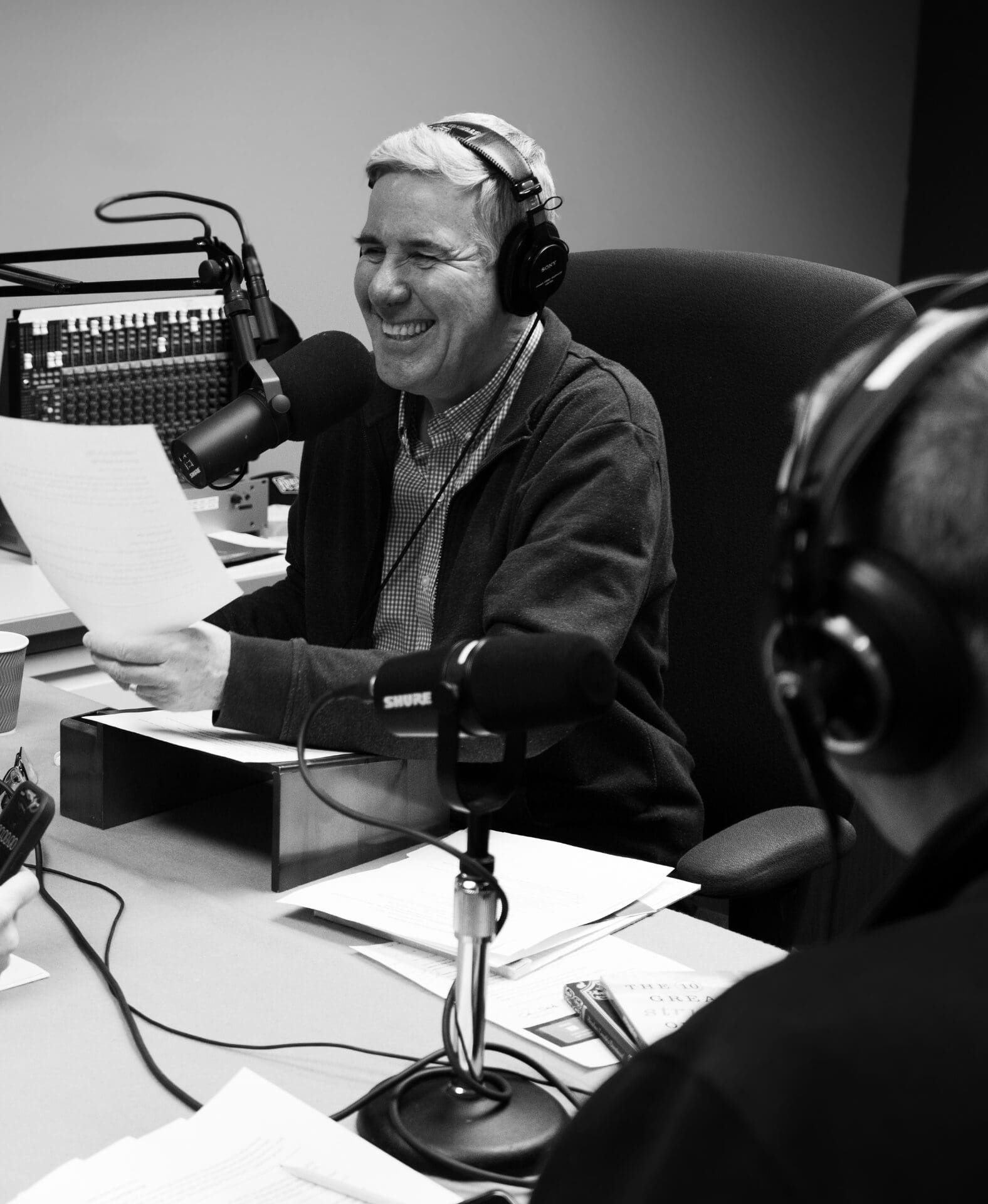Video Transcript:
Notice that God restores through his own Word: “The Lord sent Nathan to David…” (2 Samuel 12:1). God takes the initiative. He is not waiting for David to make the first move. How does he break into David’s life? He sends a prophet, who speaks the Word of God.
You have the same thing in the Garden of Eden when Adam and Eve are hiding in the trees: “the Lord God called to the man and said to him, ‘Where are you?’” (Genesis 3:9). If God had not spoken, they would never have come out of hiding.
The Power of God’s Word that Brings Change
Nathan said to David, “You are the man…” David said to Nathan, “I have sinned against the Lord.” (2 Samuel 12:7, 13)
Nathan tells David a story. Commentators often say that Nathan told a parable, but Nathan did not say to David: “Hey, I’ve got a story to tell you.”
The king was the chief justice in the land, so it was David’s job to pass judgment on various crimes. Nathan presents his story as a case that needs the king’s verdict, and David is glad to hear the case.
Nathan tells the story of a great injustice. There were two men in a certain city: one rich, the other poor. The rich man had many flocks and herds. The poor man had nothing but one little ewe lamb, which he had bought. This lamb ate the poor man’s food, drank from his cup, and lay in his arms. The poor man loves the little ewe lamb that is his.
A traveler arrived at the house of the rich man. The rich man welcomed the traveler and wanted to put on a feast. But he did not want to use one of his own flock, so he steals the poor man’s lamb and prepares it for his feast.
David hears this case, and he is absolutely furious: “Then David’s anger was greatly kindled against the man, and he said to Nathan, ‘As the LORD lives, the man who has done this deserves to die, and he shall restore the lamb fourfold, because he did this thing, and because he had no pity’” (2 Samuel 12:5-6).
That was more than the law demanded. The law called for a fourfold restoration for theft of an animal (Exodus 22:1), but not the death penalty. If you are ever tempted to think that God’s judgments are harsh, remember that the judgments of sinners are typically harsher by far.
Then Nathan said to David “You are the man.” What a moment! “David, this is a picture of what you’ve done. Don’t you see that?” A few verses later David says, “I have sinned against the Lord.” After more than nine months of silence, David confesses his sin to the Lord.
This confession was the beginning of repentance in David’s life, expressed in Psalm 51. Saul said, “I have sinned,” but he continued to defy the Lord (1 Samuel 15:24). It’s possible to admit that you were wrong, and just carry on. Judas said, “I have sinned,” and he despaired of being forgiven (Matthew 27:4). It’s possible to admit your guilt, and then give in to despair. Neither one of these leads to change. David said, “I have sinned,” and he repented and was restored.
The Word of God broke through in David’s life when nothing else could. Time did not bring him to repentance. Conscience did not get him there either. Misery did not bring repentance either. But the Word of God broke through in his life when nothing else could.
Never underestimate the power of God’s Word to change a person’s life, to change your life. “My word… shall not return to me empty, but it… shall succeed in the thing for which I sent it” (Isaiah 55:11). God’s Word can bring change in your life when nothing else can or will.






